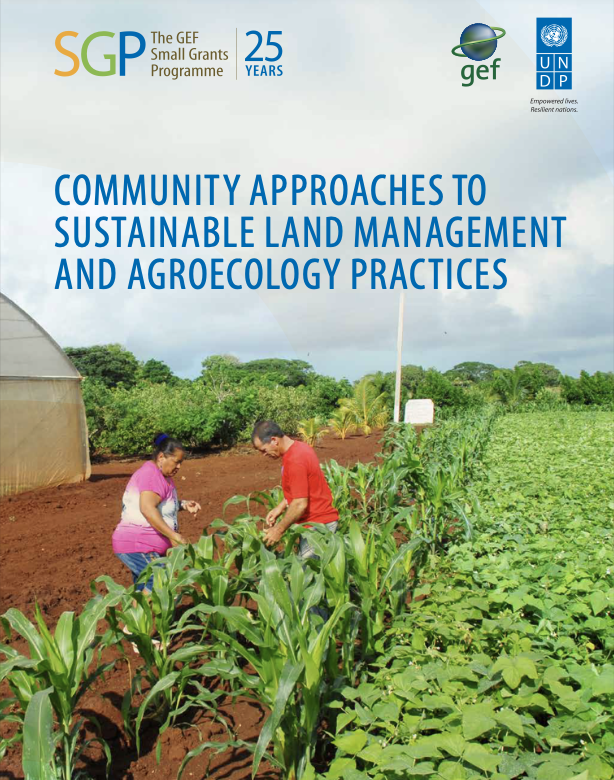Location
The United Nations Convention to Combat Desertification in Those Countries Experiencing Serious Drought and/or Desertification, Particularly in Africa (UNCCD) is a Convention to combat desertification and mitigate the effects of drought through national action programs that incorporate long-term strategies supported by international cooperation and partnership arrangements.
Members:
Resources
Displaying 196 - 200 of 585Fair share for women: Towards more equitable land compensation and resettlement in Tanzania and Mozambique
Women disproportionately bear the negative impacts of large-scale land investments (in agribusiness, extractives, logging) in the global South.
▪▪Lack of formal land rights and their subordinate role in the household and community lead to the marginalization of women in decision-making processes and the bypassing of them in the distribution of compensation and the planning and implementation of resettlement.
Global land use implications of dietary trends
Global food security and agricultural land management represent two urgent and intimately related challenges that humans must face. The authors quantify the changes in the global agricultural land footprint if the world were to adhere to the dietary guidelines put forth by the United States Department of Agriculture (USDA), while accounting for the land use change incurred by import/export required to meet those guidelines. The authors analyze data at country, continental, and global levels.
Scramble for Land Rights: Reducing Inequity between Communities and Companies
Community land, crucial to rural livelihood around the world, is increasingly targeted by commercial interests. Its loss can lead to environmental degradation, increased rural poverty and land disputes that last for years. Without formal legal recognition of their land rights, communities struggle to protect their land from being allocated to outside investors.
Informing investments in land degradation neutrality efforts: A triage approach to decision making
Sustainable Development Goal (SDG) target 15.3 commits countries to strive towards land degradation neutrality (LDN) by 2030. LDN requires reductions in land quality to be balanced by efforts to restore or rehabilitate degraded areas. However, decisions need to be made as to where to invest given limited budgets and the impossibility of targeting all degraded land. Any prioritisation process is likely to be controversial and needs to be underpinned by transparent, justifiable, repeatable decision processes.
Community Approaches to Sustainable Land Management and Agroecology Practices
As of 2017, SGP has awarded over 3,800 small grants to land degradation projects in over 120 countries, many of which are in regions with extreme levels of poverty and food insecurity across Africa and Latin America. Africa, in particular, is experiencing the highest population growth of the developing world, while being exposed and vulnerable to the rising impact from climate change.



